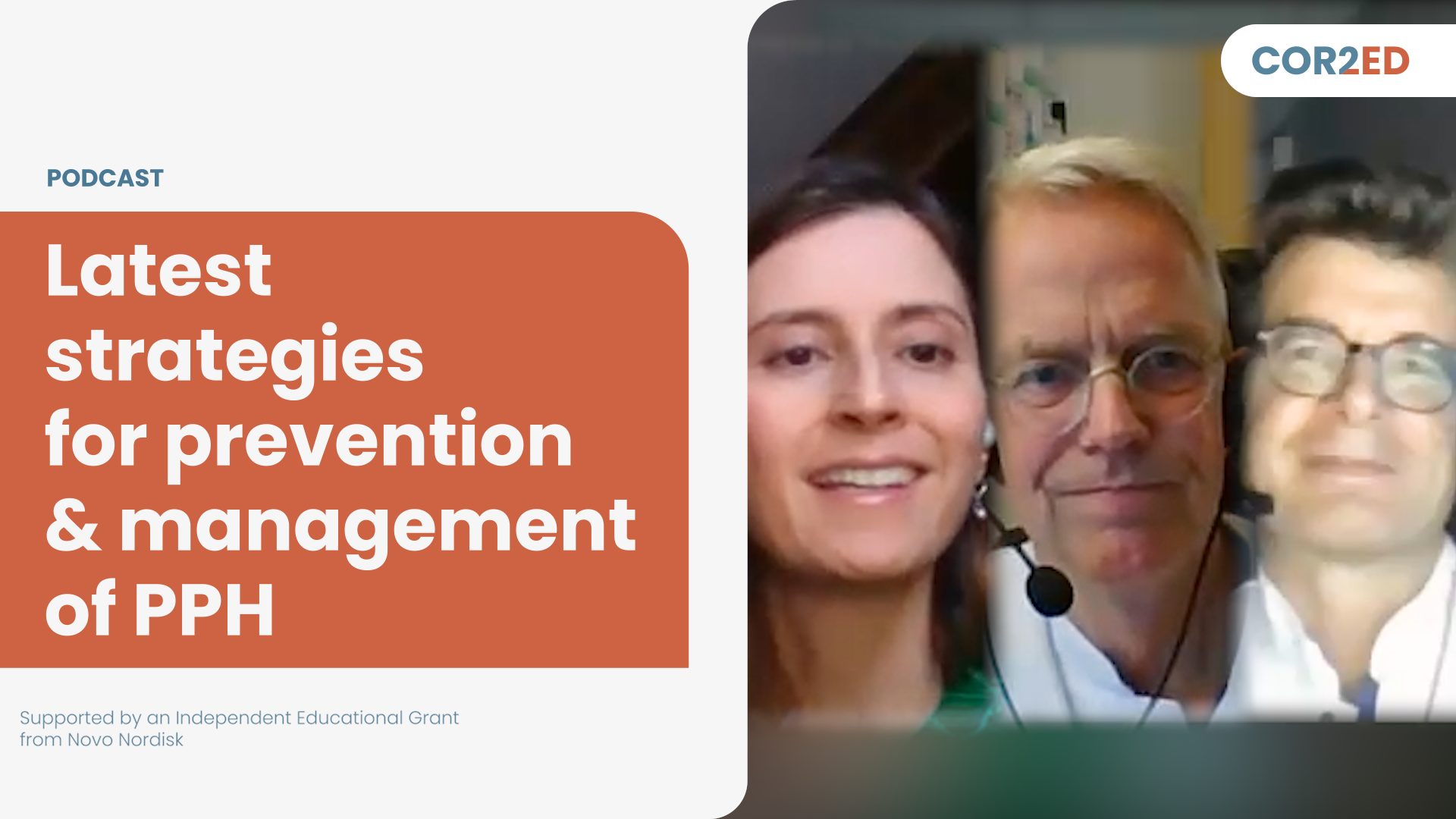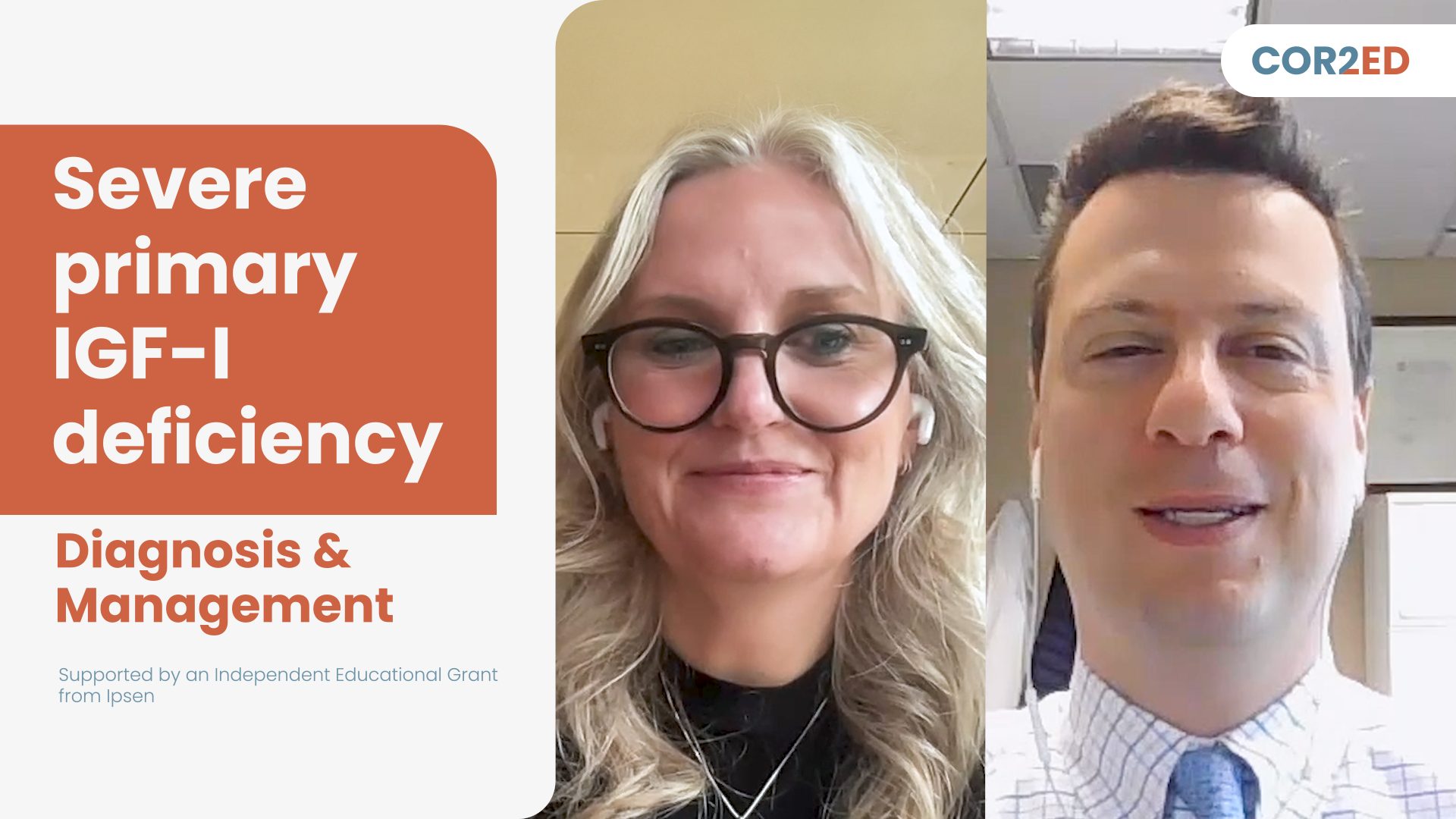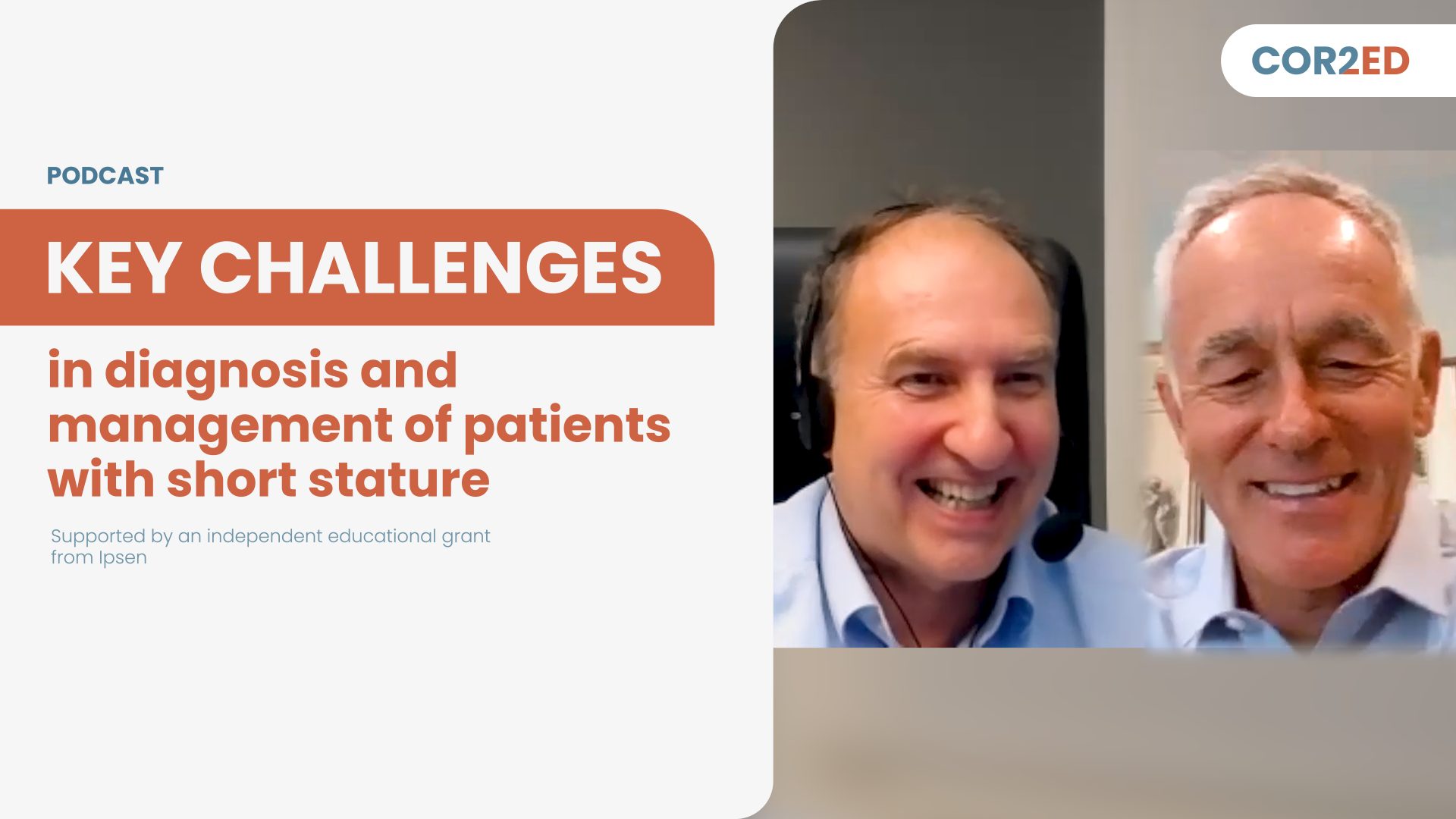It can be challenging to differentiate severe primary IGF-I deficiency from other conditions of short stature. In this micro learning, expert paediatric endocrinologists from PE CONNECT share their knowledge of identifying and treating SPIGFD in practice.
You'll learn how to recognise the typical presentation of SPIGFD and how a combination of clinical assessment and biochemical analysis of the GH-IGF-I axis can support your diagnosis of this rare condition.
After watching the video, take the assessment to earn your CME credit.
Clinical Takeaways
- Severe primary IGF-I deficiency (SPIGFD) generally presents as classical Laron syndrome, but non-classical cases with mild or moderate phenotypes should also be considered
- An endocrine investigation should be conducted to assess the GH-IGF-I axis to ensure appropriate diagnosis
- Diagnosis of severe primary IGF-I deficiency requires severe short stature, low serum IGF-I and normal or increased growth hormone secretion, as well as lack of other pathology
- An early and correct diagnosis is essential to allow children to achieve their full growth potential with appropriate treatment



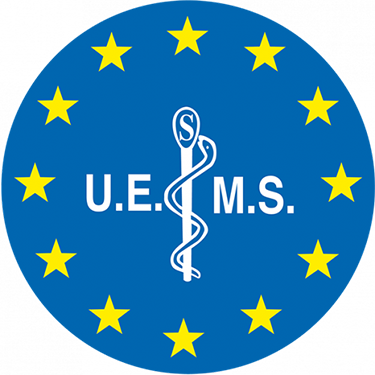
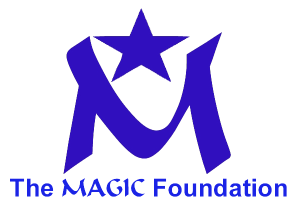

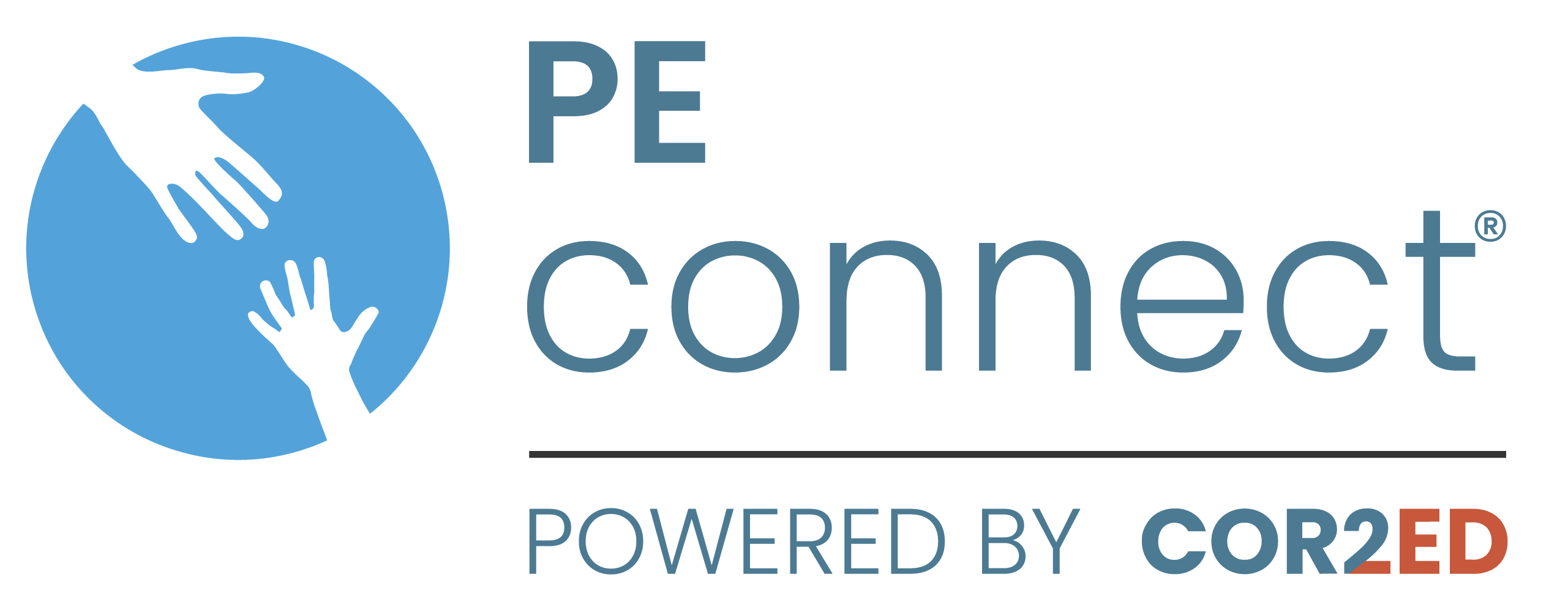
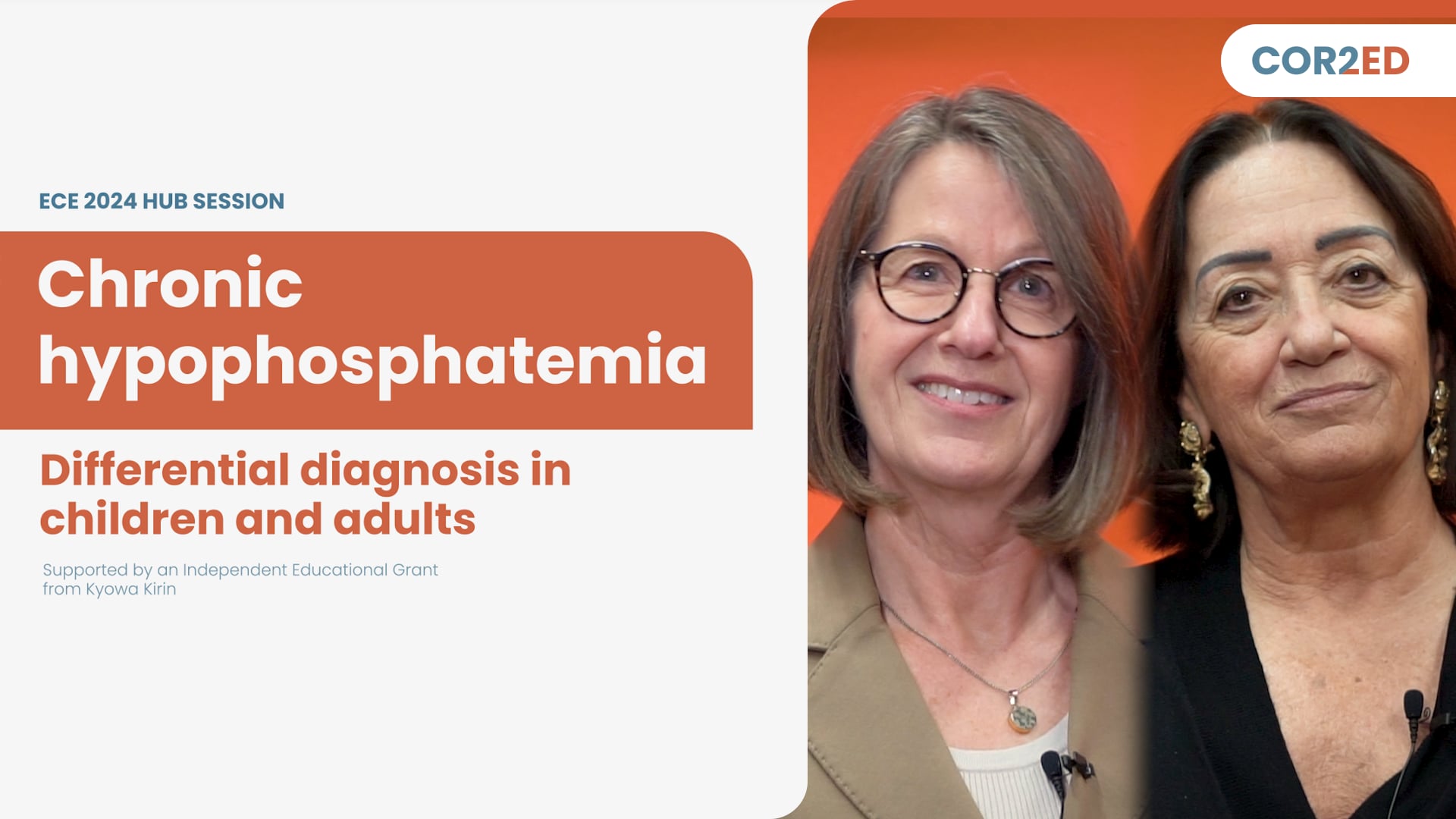
 Downloadable
Downloadable  5 MIN
5 MIN
 May 2024
May 2024 


